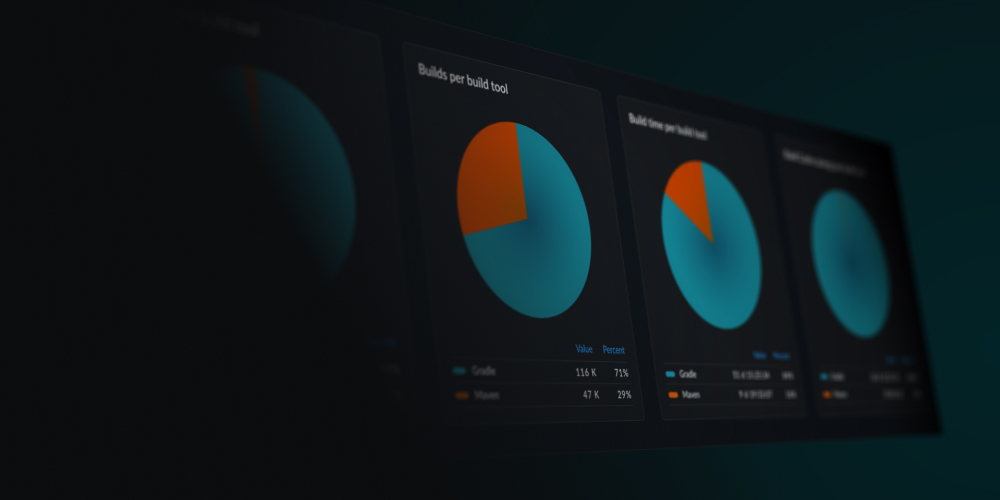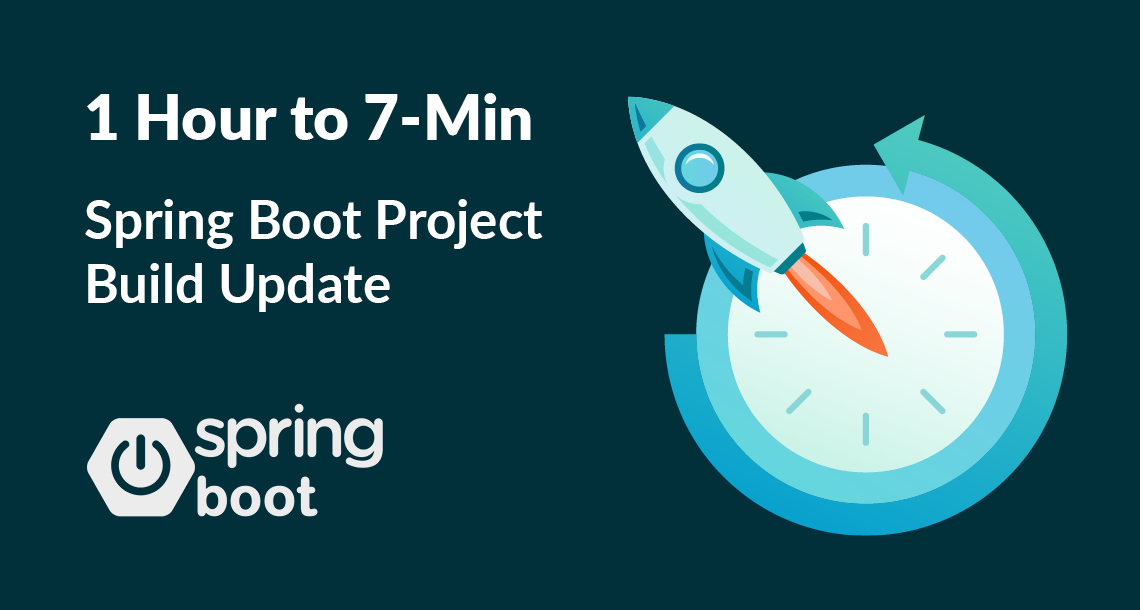Visualizing Develocity Data with Prometheus and Grafana | Develocity API In Action
By Justin ReockMonitoring and analyzing build performance though Develocity is crucial for optimizing feedback cycle times. There are cases where it may be desirable to combine Develocity’s build metrics with other datasets and render the results visually. Moreover, it is not always practical to swivel-chair between different dashboards when looking for high-level data.
Read More →












